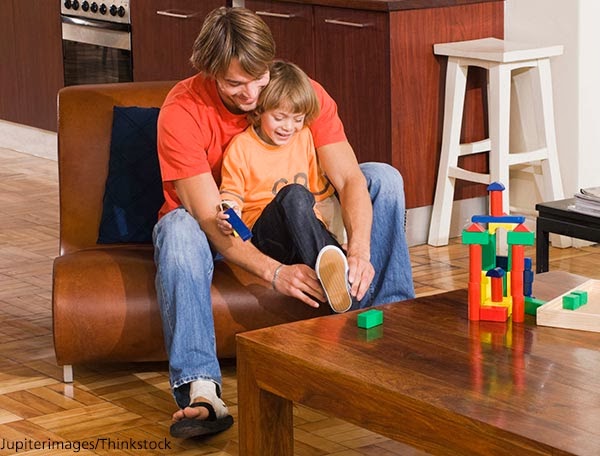True or false: The most important thing you can do to prepare your child for kindergarten is to focus on academics.
False. Contrary to popular notion, basic math and reading skills are no longer the only primary prerequisites to kindergarten readiness. While counting from one to 10, recognizing primary shapes and colors, and identifying letters of the alphabet are critical, most kindergarten teachers and early childhood experts now view the following areas as equally vital in assessing whether your child is ready to enter kindergarten:
- Self-care and motor skills: Can your child get dressed, go to the bathroom, carry a lunchbox, hold a pencil, and tie a shoe on his or her own? These are some of the basic self-care and motor skills that kindergarten teachers like to see in entering students.
- Self-regulation: Can your child manage his emotions, calm down, pay attention, control impulses, and follow directions? Behavior management is critical to success in kindergarten.
- Social skills: Can your child communicate his own thoughts and feelings? Can he listen to and respond appropriately to others? Is he comfortable speaking up to express his ideas and opinions?
There is quite a bit that you can do to nurture and reinforce these skills in your daily interactions with your pre-kindergarten-age sons and daughters. As they mature, let them do more for themselves. Have them sit with you as you prepare dinner, for instance. You can supervise them as they wash lettuce and tomatoes and arrange forks and spoons. Engage them in conversation while they help you: “How was your day at preschool? Did anything exciting happen? How was your play date?” Tell them about your day at work and plans for the weekend.
Other important things to do: Make sure that you are physically active as a family. Take walks in the park, fly a kite, play catch. Draw with your children. Sit with them as they learn to use crayons and markers. Introduce a love of reading early. Don’t worry whether it’s a Caldecott or Newbery Award winner. The book is less important than the activity itself.
During the summer months leading up to kindergarten, keep schedules simple and consistent. Doing so will go a long way to developing routine patterns and easing your child’s transition to school in the fall. A few weeks before school starts, take walks with your child near or around the school to familiarize him with the environment. Talk casually about kindergarten and all of the exciting things in store for your son or daughter. If you go away on vacation, be sure to get back home several weeks in advance so that you can begin establishing good bedtime schedules your soon-to-be kindergartener will need to follow.
Starting kindergarten is a significant rite of passage for your child and for you, the parent. Enjoy the process of getting your son and daughter ready—and feel free to call on Parents Place and our experts for guidance and practice advice.

